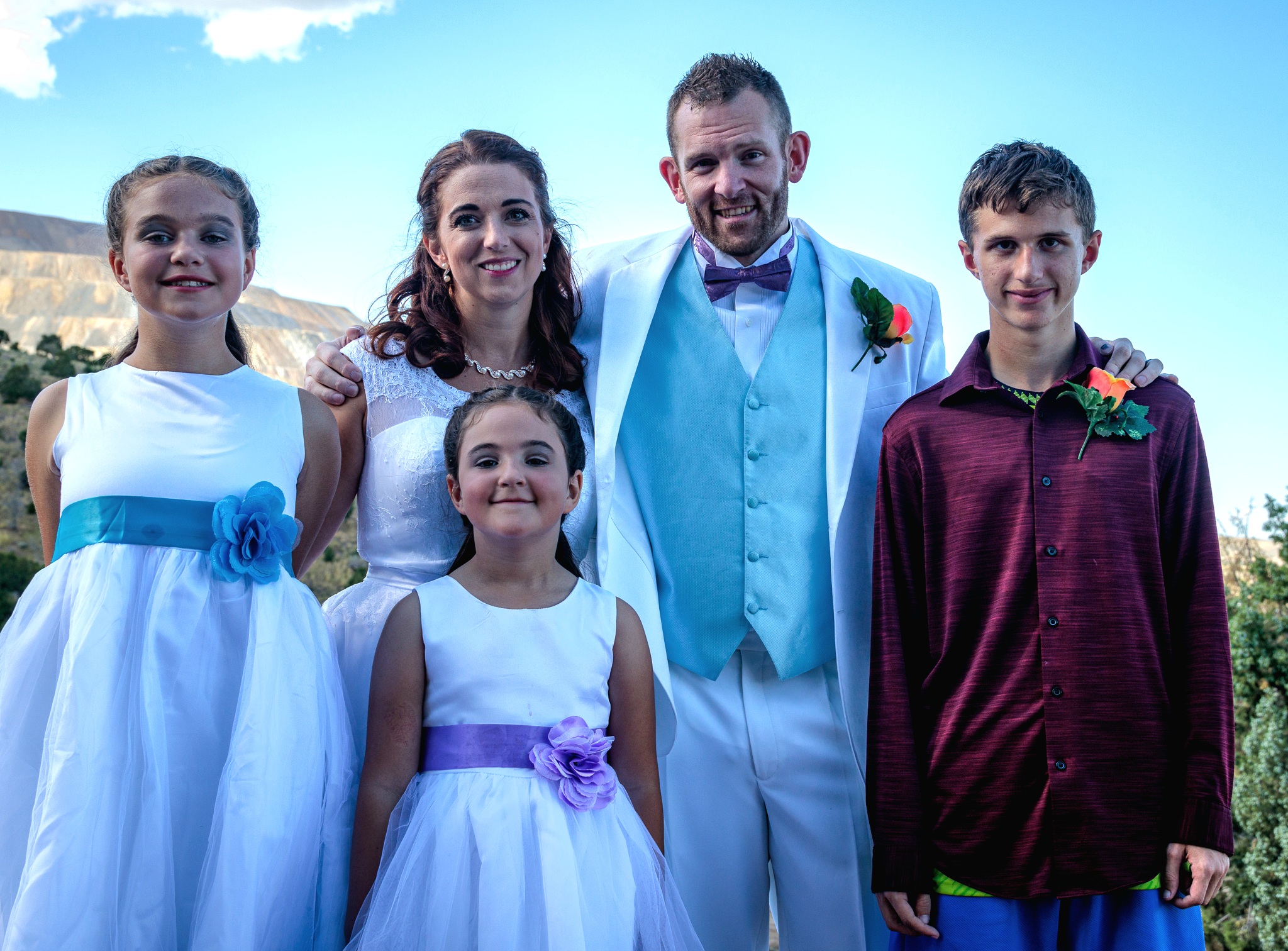
Amanda hopes her cancer journey is a positive example for her kids
April 22, 2024
This is a guest post by Amanda Reitz, a mother of three children who were 13, 9, and 5 years…
Read More
Dr. Toni Choueiri and Dr. Rizwan Romee received a 2021 Advanced Discovery Award for their project “Adoptive cytokine-induced memory-like NK cell therapy alone or in combination with avelumab for immunotherapy-refractory advanced renal cell carcinoma.” Both Choueiri and Romee are based at the Dana-Farber Cancer Center in Boston, Massachusetts.
We spoke with Choueiri and Romee about their work and what it could mean for people with kidney cancer.
Briefly describe your research.
Natural Killer (NK) cells and more recently NK cell CARs have shown great promise and safety in early phase clinical trials. However, there are several disadvantages in using conventional NK cells including their short life span and low in vivo persistence and proliferation. Our group and others have recently described memory-like differentiation of the conventional NK cells upon brief activation with IL-12 and IL-18. These cytokines induced memory-like (CIML) NK cells demonstrate enhanced anti-direct cytotoxicity as well as antibody dependent cell cytotoxicity (ADCC) against variety of liquid and solid tumors. Further, they expand and persist for up to 90 days in a syngeneic mouse model and 6-8 months in patients in an immune compatible environment. At Dana Farber Cancer Institute we have several ongoing trials combining allogeneic and autologous NK cells with novel immunomodulatory agents. We are (https://romeelab.dana-farber.org) working to genetically manipulate CIML NK cells to generate next generation CARs against multiple tumor types.
Several studies have suggested a biologic role for NK cells specific to ccRCC; decreased intratumoral NK cell infiltration is associated with worse survival, and the proportion of NK cells decreases both with advancing disease stage and following immune checkpoint inhibition. These findings suggest that NK cell-based immunotherapies may play an important role in the treatment of ccRCC. Avelumab is a fully human monoclonal antibody against programmed death ligand 1 (PD-L1). Avelumab has been specifically shown to enhance NK-cell based cytotoxicity against solid tumor cells. This is mediated by antibody-dependent cellular cytotoxicity (ADCC), which is induced by avelumab due to its structure as an IgG1 antibody. This suggests that avelumab, through its induction of ADCC activity, has specific synergy with NK cell therapies compared to other PD-1/PD-L1 inhibitors.
In the current proposal we plan to harness the enhanced antitumor activity of the memory-like NK cells and further augment it by redirecting to PD-L1 expressing tumor cells with the help of avelumab.
Thinking of NK cells or other types of immune cells like T cells, are we getting better at targeting specific elements of the immune system to change in order to make it more effective against cancer cells?
Absolutely! Recent explosion in our knowledge about the immune system and cancer genomics are propelling the development of novel therapeutic approaches for patients with advanced cancer. Finally, we are at a point where we can tailor-make our immune therapies choosing the right immune cell and or a check point inhibitor to target different types of cancer. It is also exciting to see how novel immune therapies and precision genomics approaches are being combined to develop next gen therapies for cancer.
What motivates you?
Our passion for immunology and deep desire to help our patients with otherwise incurable cancers. We are honored in being translational scientists who push the science from the bench to bedside and then back to the bedside. Dana-Farber has such ecosystem, and we learn also from each other by osmosis.
What else would you like others to know about you and your work?
Dr. Romee: I stared my journey in the immunology field in 2009 when I joined laboratory of Dr. Jeffrey Miller at University of Minnesota as a post-doctoral fellow to study translational NK cell biology. Over the years I have been extremely fortunate to get to work with and be mentored by some of the prominent scientists in the field and now I lead my own NK cell group at Dana Farber, Harvard Medical School. My advice to junior faculty, trainees and students is that passion, perseverance and being comfortable with the failure are (in my opinion) the three most important ingredients for developing a successful career.
Dr. Choueiri: We will not rest until we find new therapies for RCC. I started my journey in 2007 and the commitment to RCC remains unwavering. Thank you for the Kidney Cancer Association who was present from early days and continues here with these important grants to fund the next generation of targets and trials!